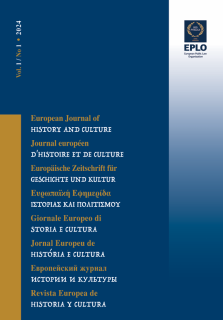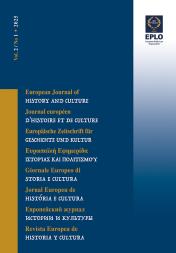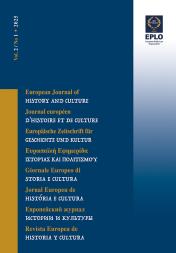
Concepts Related to ‘isms’ in Ancient Greece and (Modern) ‘ismicism’
Petra Pakkanen
Dr. Director of the Finnish Institute Archaeological at Athens, Greece
This article explores the ‘ism’-concepts in classical Greek texts by contrasting and comparing their ancient and modern uses. Isms are approached as temporalised concepts which appear either as characterising typologies or action-agential concepts. After a brief exploration of the character of isms and criticism their scholarly use have faced, the formation and morphology of -ismόs words and their manifestations in ancient Greek classical texts are explored in the first main section of the article. This leads to a discussion in the next section with the following questions: How do the ancient Greek isms-concepts relate to abstracting ideas and designating people and their actions? What do the Greek -ismόs terms manifest? Are isms and ideologies interdependent? It will be shown, via examples from the Greek terminology, that isms-terms showcase a significant semantic shifting (and semantic extensions) between classical antiquity and their later use. The process is called ‘ismicism’ and leads to a modern conceptualising of isms in academic and every-day discourses. It is argued that religious ideational developments may have contributed to the post-antique ismicism and triggered (modern) association of especially action-agential isms with ideologies. In order to illustrate this, the uses of isms in the study of ancient Greek religions are discussed in the last section of the article.
Keywords: Isms-concepts; ancient Greek -ismόs-terms; Greek religion; modern ideologies



















